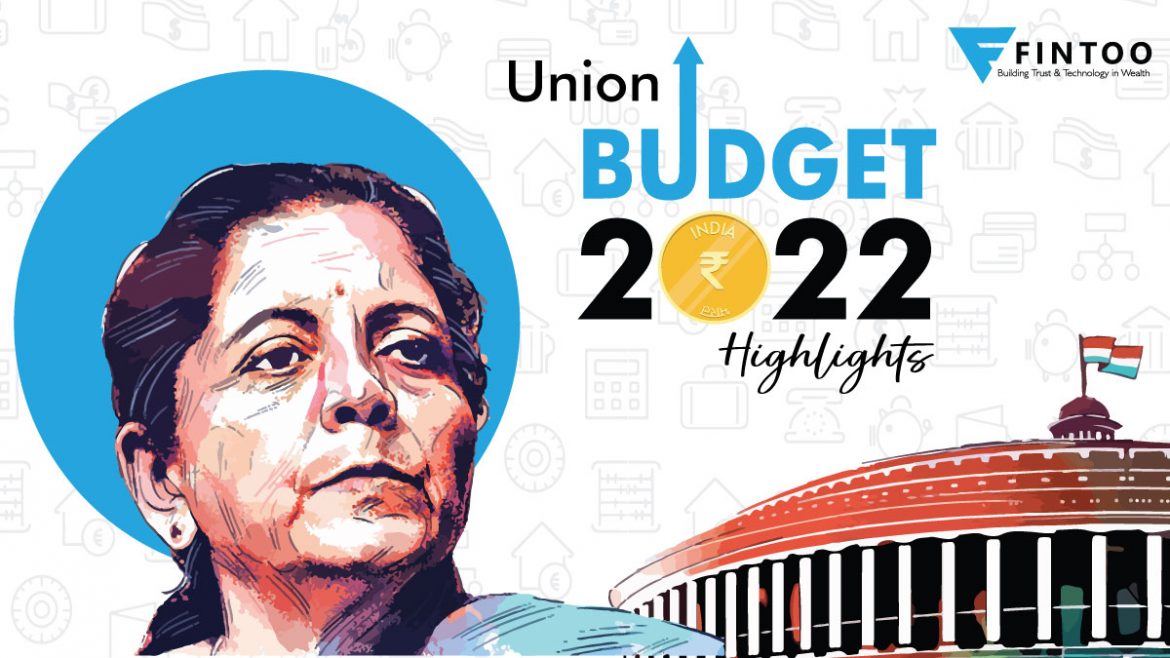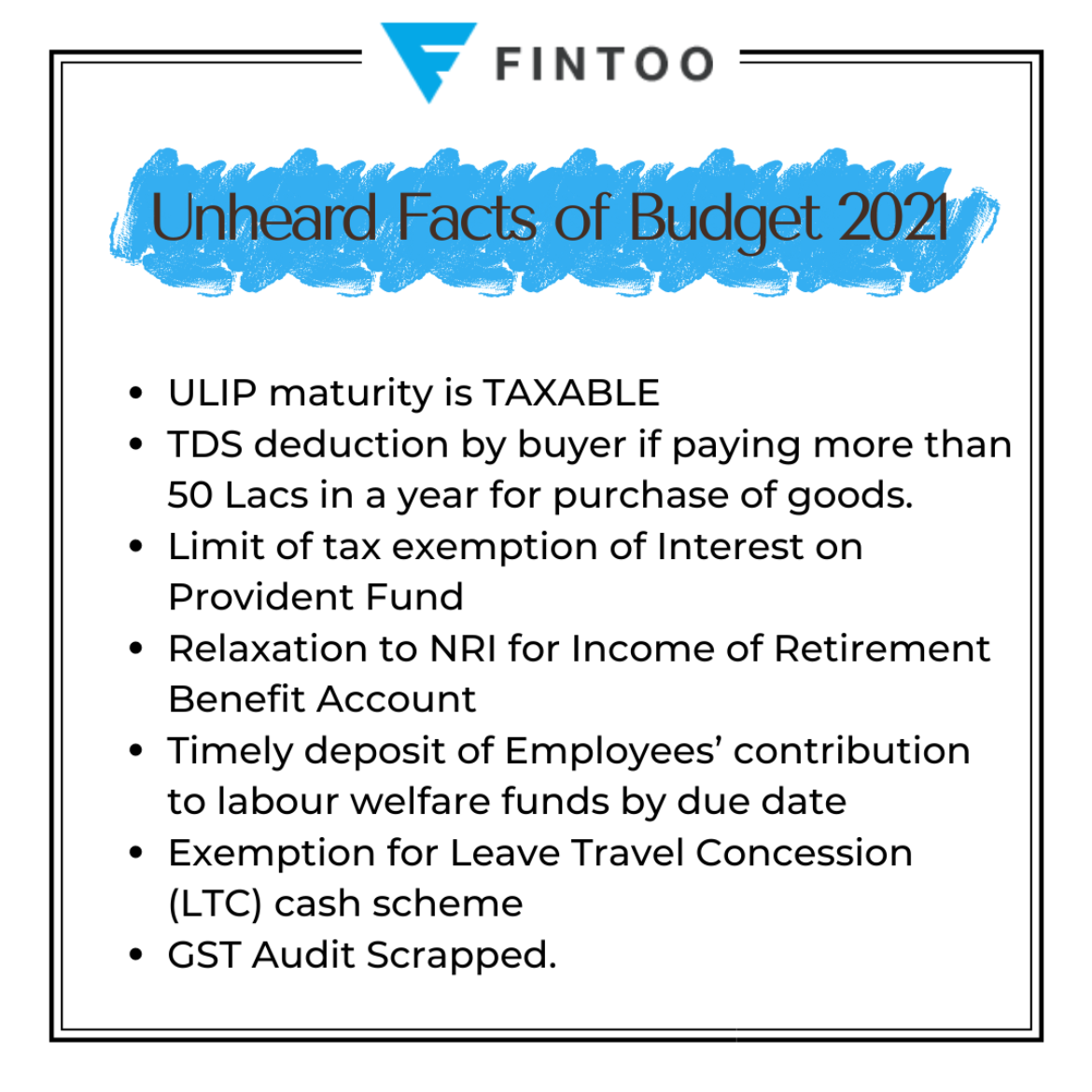

Are Target Maturity Funds An Alternative To Bank FDs?


5 Personal finance trends to consider in 2023


P2P Lending Decoded


7 Key Differences Between UPI and e-RUPI


Things To Do At The Start Of The Financial Year


Union Budget 2022 Highlights – Economy, Digital assets, Infrastructure and more


The Four Pillars of Personal Finance


Wealth Habits – Learn, Unlearn and Relearn


Unheard Facts of Budget 2021


